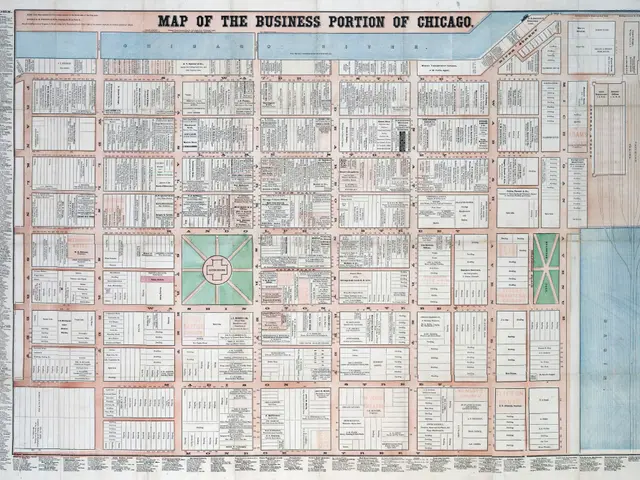Intense gunfire erupts between India and Pakistan in Kashmir following missile attacks.
In a stark turn of events, the long-standing India-Pakistan dispute over Kashmir has intensified significantly. Here's the breakdown of the latest escalations:
Prior Triggers
- Terrorist Attack: On April 22, a devastating attack in Indian-controlled Kashmir resulted in the loss of 26 Indian tourists and one Nepalese citizen. New Delhi swiftly pointed the finger at Pakistan for supporting the terrorists, a claim Islamabad denies.
- Historical Tensions: The origin of this conflict can be traced back to 1947, when India and Pakistan gained independence, leaving Kashmir's status unresolved with both nations vying for sovereignty.
Recent Escalation
- Indian Airstrikes: On May 7, 2025, India launched aerial bombardments on targets in Pakistani-managed Kashmir and parts of Pakistan. India's claim was that these strikes targeted militant infrastructure involved in the terrorist attack of April.
- Pakistani Response: Pakistan responded with force, allegedly shooting down several Indian fighter jets. Pakistani leader, Shehbaz Sharif, deemed it an act of war.
- Casualties and Devastation: The conflict has claimed the lives of over 40 individuals on both sides, with Pakistan reporting at least 31 casualties due to Indian missile strikes and five from artillery fire.
Present Tensions
- Global Apprehension: The escalation has sparked international concern, with leaders such as UN Secretary Antón Guterres urging de-escalation. However, the tension persists, with both nations keeping their militaries on high alert.
- Diplomatic Tensions: In addition to military build-up, both India and Pakistan have expelled diplomatic personnel and closed land border crossings, further straining relations.
Future Perspectives
- The situation remains volatile with no signs of de-escalation imminent. India's Prime Minister, Narendra Modi, faces pressure to take a firm stance against Pakistan, which could precipitate further military actions.
- The international community, including leaders in general news and political circles, is voicing concerns over the intensifying India-Pakistan conflict, rooted in the unresolved Kashmir issue since the independence of India and Pakistan in 1947.
- The most recent episode of this ongoing dispute was catalyzed by a terrorist attack on April 22 in Indian-controlled Kashmir, which tragically took the lives of 27 Indians and a Nepalese citizen, leading to accusations from New Delhi that Pakistan was involved, an allegation Islamabad denies.
- In a dramatic turn of events on May 7, 2025, India retaliated with airstrikes targeting Pakistani-controlled Kashmir and parts of Pakistan, allegedly aimed at militant infrastructure involved in the April terrorist attack.
- Pakistan responded with force, reportedly shooting down several Indian fighter jets, causing further loss of life and property, with both sides suffering over 40 casualties collectively.
- Despite global appeals for de-escalation by leaders such as UN Secretary Antón Guterres, the tensions persist, with both nations maintaining high military readiness and even expelling diplomatic personnel and closing land border crossings, worsening the diplomatic climate.
- Looking to the future, the volatile situation shows no signs of abating, putting pressure on India's Prime Minister, Narendra Modi, to take a decisive stance against Pakistan that could potentially escalate the conflict further into war-and-conflicts.
- Meanwhile, the world watches closely, not just for signs of de-escalation but also for the impact of this escalating conflict on family life, economics, and social issues such as inequality, crime-and-justice, accidents, sports, and even sports-betting markets.








